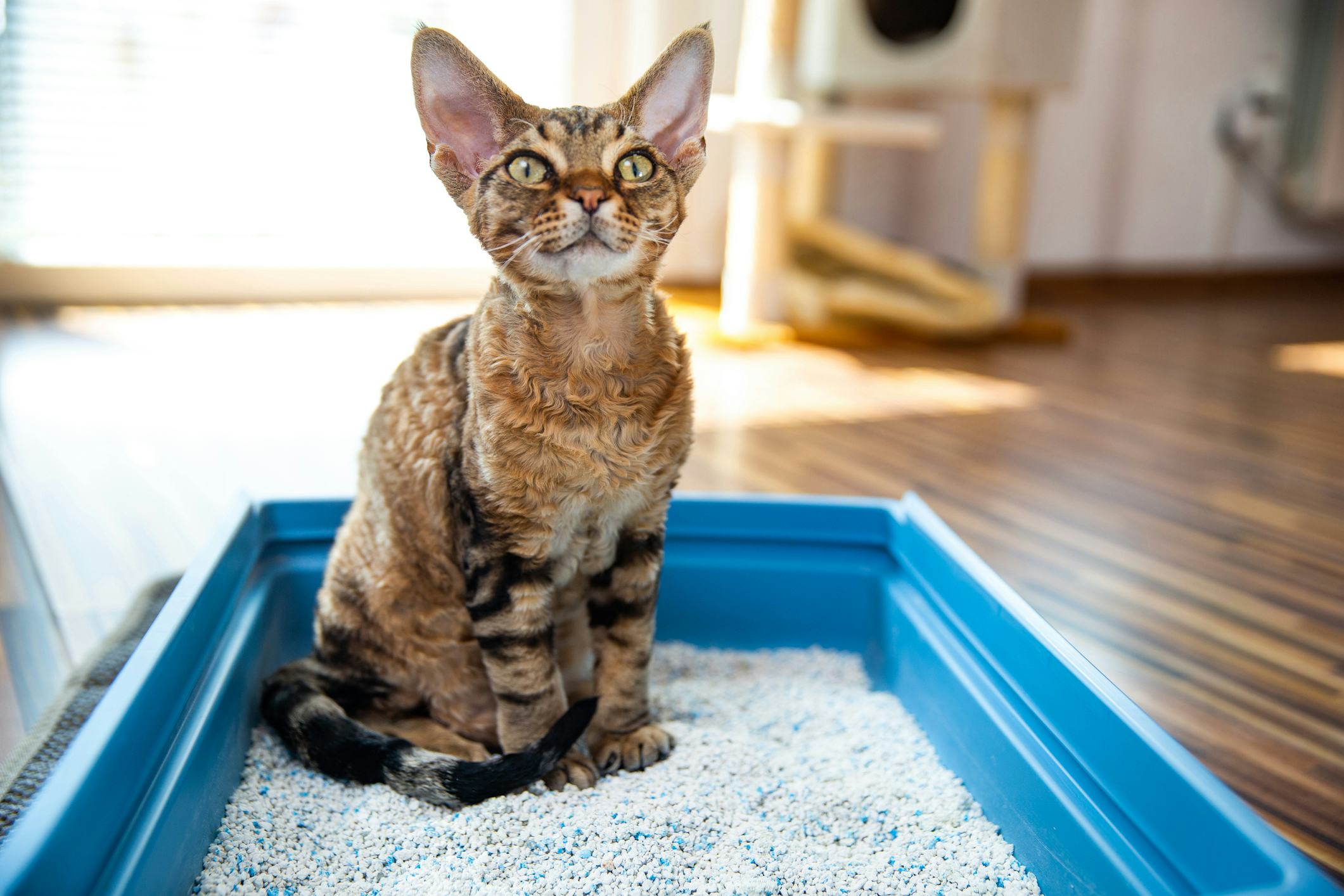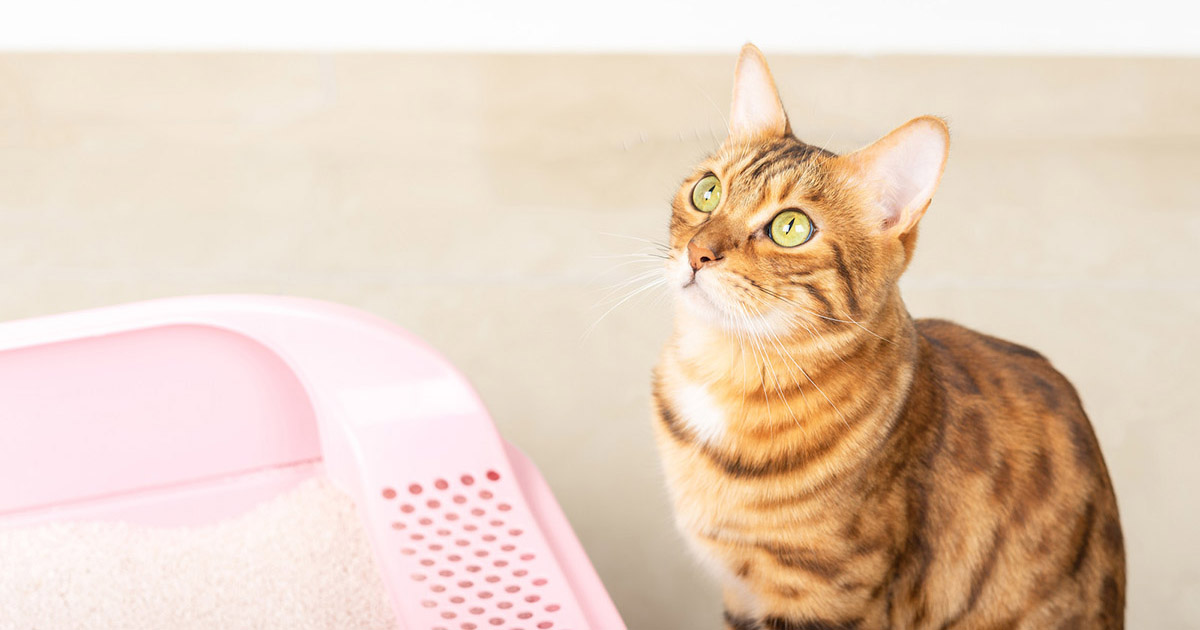Avoid Clogs and Damage: Don't Flush Cat Poop Down Your Toilet - Professional Recommendations
Avoid Clogs and Damage: Don't Flush Cat Poop Down Your Toilet - Professional Recommendations
Blog Article
Here in the next paragraph yow will discover a good deal of great expertise in relation to Don’t flush cat feces down the toilet.

Introduction
As cat owners, it's vital to be mindful of how we get rid of our feline good friends' waste. While it might appear hassle-free to flush cat poop down the toilet, this method can have destructive repercussions for both the atmosphere and human health and wellness.
Environmental Impact
Purging cat poop presents hazardous virus and bloodsuckers right into the water supply, positioning a significant danger to aquatic ecosystems. These contaminants can negatively influence aquatic life and compromise water top quality.
Wellness Risks
Along with environmental issues, purging feline waste can likewise present health and wellness dangers to people. Feline feces may contain Toxoplasma gondii, a parasite that can trigger toxoplasmosis-- a potentially serious disease, particularly for expectant females and people with weakened immune systems.
Alternatives to Flushing
Fortunately, there are safer and much more liable means to dispose of pet cat poop. Take into consideration the adhering to options:
1. Scoop and Dispose in Trash
The most usual technique of getting rid of feline poop is to scoop it into an eco-friendly bag and toss it in the trash. Be sure to make use of a specialized trash scoop and take care of the waste immediately.
2. Usage Biodegradable Litter
Select biodegradable pet cat trash made from materials such as corn or wheat. These clutters are eco-friendly and can be safely disposed of in the trash.
3. Hide in the Yard
If you have a yard, consider hiding feline waste in a designated location away from vegetable yards and water sources. Make certain to dig deep enough to stop contamination of groundwater.
4. Install a Pet Waste Disposal System
Buy an animal waste disposal system particularly designed for feline waste. These systems make use of enzymes to break down the waste, minimizing odor and ecological impact.
Final thought
Responsible family pet ownership prolongs past offering food and sanctuary-- it also includes correct waste management. By avoiding flushing feline poop down the commode and going with alternative disposal techniques, we can minimize our environmental impact and shield human health and wellness.
Why You Should Never Flush Cat Poop Down the Toilet
A rose by any other name might smell as sweet, but not all poop is created equal. Toilets, and our sewage systems, are designed for human excrement, not animal waste. It might seem like it couldn’t hurt to toss cat feces into the loo, but it’s not a good idea to flush cat poop in the toilet.
First and foremost, assuming your cat uses a litter box, any waste is going to have litter on it. And even the smallest amount of litter can wreak havoc on plumbing.
Over time, small amounts build up, filling up your septic system. Most litter sold today is clumping; it is made from a type of clay that hardens when it gets wet. Ever tried to scrape old clumps from the bottom of a litter box? You know just how cement-hard it can get!
Now imagine just a small clump of that stuck in your pipes. A simple de-clogger like Drano isn’t going to cut it. And that means it’s going to cost you big time to fix it.
Parasitic Contamination
Believe it or not, your healthy kitty may be harboring a nasty parasite. Only cats excrete Toxoplasma in their feces. Yet it rarely causes serious health issues in the cats that are infected. Most people will be fine too if infected. Only pregnant women and people with compromised immune systems are at risk. (If you’ve ever heard how women who are expecting are excused from litter cleaning duty, Toxoplasma is why.)
But other animals may have a problem if infected with the parasite. And human water treatment systems aren’t designed to handle it. As a result, the systems don’t remove the parasite before discharging wastewater into local waterways. Fish, shellfish, and other marine life — otters in particular — are susceptible to toxoplasma. If exposed, most will end up with brain damage and many will die.
Depending on the species of fish, they may end up on someone’s fish hook and, ultimately on someone’s dinner plate. If that someone has a chronic illness, they’re at risk.
Skip the Toilet Training
We know there are folks out there who like to toilet train their cats. And we give them props, it takes a lot of work. But thanks to the toxoplasma, it’s not a good idea.

We had been made aware of that editorial on Can You Flush Cat Poop Down The Toilet? through a good friend on a different web page. Feel free to take a moment to distribute this post if you liked it. We appreciate reading our article about How to Dispose of Cat Poop and Litter Without Plastic Bags.
Book-Now Report this page